Whether you’re storing your food in a chilly root cellar for the winter or you’re simply looking for tips as to what not to do in your kitchen, you’ve come to the right place.
Today, we’ll be looking at foods that detract from one another by being forced into proximity with each other. Let’s get started.
Eggs And Onions 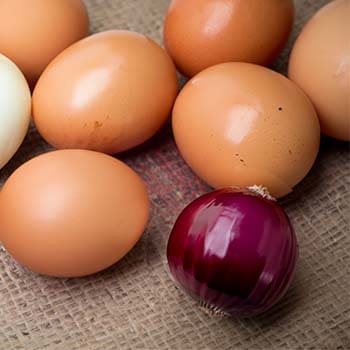
While I realize few people keep their raw onions in the fridge these days, you may find yourself with cooked onions from time to time. And they would love to make your porous eggs taste sharp and metallic if not properly stored.
How do we deal with this? I put my caramelized or chopped onions in an air-tight container and carefully tuck it far in the back of the fridge, away from the air returns and everything that may be porous in the fridge, but especially the eggs. The eggs are kept up on the top shelf, diagonally across from any cooked or minced onions. Unless you have a very small fridge, this should be enough space to keep your eggs safe.
If your eggs become tainted, you’ll be stuck with them like this. Baking with them imparts the flavor, too. I recommend using them as a quiche with onions or bacon.
Summer Squashes And Eggplant
Summer squash includes yellow squash, zucchini, and the soft squash that we enjoy so much during the hotter months. Fleshy, fantastic in the oven, and often paired with eggplant, these squash hate to be close to their constant culinary companion while in storage.
If you put eggplant near squash in your fridge, the two plants will quickly break one another down and you’ll be left with eggplants sporting brown spots and zucchini that is turning to mush far sooner than it should be. Save this mix for when the plants are chopped and going into your ratatouille, not before then.
Bread and Odorous Items
Store-bought bread, fresh-baked bread, and all other types of bread suffer from one major problem. 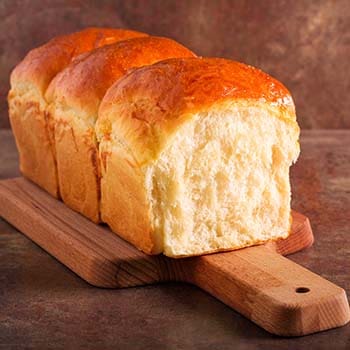 No, it isn’t molding. It’s the fact that it absorbs every smell within a 500-mile radius at all times. Let’s say that you have a perfect, beautiful rye loaf that you’ve just pulled out of the oven. Wonderful.
No, it isn’t molding. It’s the fact that it absorbs every smell within a 500-mile radius at all times. Let’s say that you have a perfect, beautiful rye loaf that you’ve just pulled out of the oven. Wonderful.
You allow this gorgeous loaf to cool and sit it near the bananas on your counter. The next morning, you get rye banana bread for breakfast rather than the deep, rich, rustic taste of that dark brown loaf.
You cry. I cry. We all cry into our hands and ask why anyone would curse us in such a terrible way. Definitely not speaking from experience here.
Bread is tricky. If given the chance, even through plastic wrappers, it will pick up any strong scent around it. To date, I’ve had accidental peppermint, banana, and so many other flavors of bread that should not exist (and for good reason). The best way to prevent this is an old-fashioned bread box. The wood really stops the aerosolized taste scent from getting through. Store bread by itself. It doesn’t want friends until after it’s warm and toasted.
Onions And Potatoes
You would think that potatoes would be more willing to play nice with other root vegetables, but as another nightshade on the list (we’re looking at you, eggplants), it really isn’t. In fact, putting onions and potatoes near one another in cold storage or on your counter will make them rot even faster than if they were completely alone.
Both of these plants let off gasses, as most plants do as they degrade (this is why fresh is best; degradation means lower nutrients and more chance of illness). The problem is that the invisible fumes they give off are so cataclysmically at odds with each other that you end up with a tiny nuclear war happening between your stored vegetables. And in war, no one wins.
If you want to keep these separate, I suggest putting them in small baskets on your counter on opposite ends from one another. Try not to put the bananas or other fruit anywhere near them, too. That scent will leech right into apples and bananas just as easily and ruin them.
Melons Hate Everybody
You know the cool kid in class who didn’t want to be friends with anyone, they just wanted to be admired and adored?
Yeah, that’s every melon out there. In fact, it’s why melon cuts are so often mixed together; they don’t play very nicely with anyone else.
While melons won’t have an issue if you put them near other produce while in cold storage, they aren’t going to enjoy it, either. The best thing that you can do is slice your melon as soon as you get it home, freeze whatever portion you don’t intend to eat, and put what portion you do desire to eat in air-tight storage and in a corner of your fridge surrounded by dairy, meat, and eggs. These items have no issue with each other, but other produce makes melons pout.
Mushrooms Are Very Sensitive
While this varies somewhat depending on which mushrooms we’re talking about, mushrooms are typically pretty sensitive fungi.
To best store your mushrooms, you’ll want to put them in the crisper drawer fully wrapped in plastic or an air-tight container. You’ll also want to use them as fast as you possibly can or freeze them very soon after purchasing them. Mushrooms don’t last very long and they frequently fall apart on consumers before they get a chance to use them. Your average cucumber from the store will have a few weeks in the crisper drawer before you pick up a gooey mess; many mushrooms don’t last for so much as a week before you see them becoming inedible.
Mushrooms are as sensitive as melons, but we suggest keeping them far apart, too.
Since we’ve shared some of our problems above, we’d love to hear about yours! Put them in the comments down below, we’d love to hear from you and read your stories.
You may also like:
Foods You Should Never Keep in a Root Cellar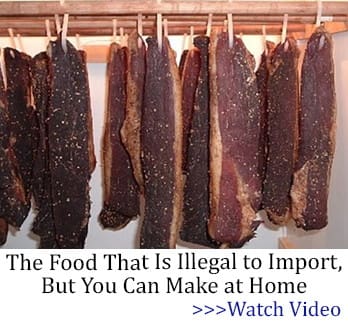
An Insanely Effective Way to Build a 5 Year Food Stockpile (Video)
15 Things You Should Teach Your Children That Can Save Their Lives
What Livestock My Grandparents Raised During The Great Depression
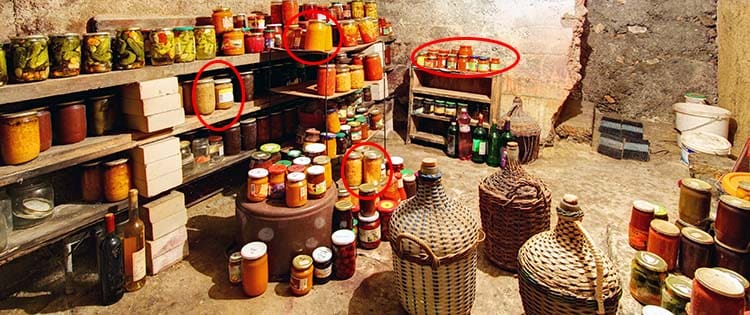
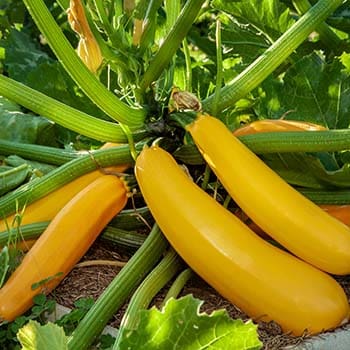
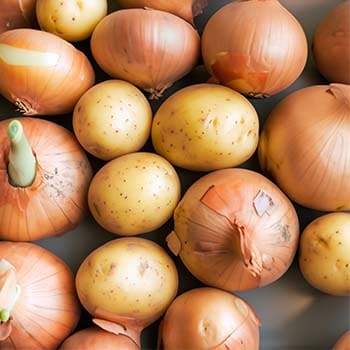
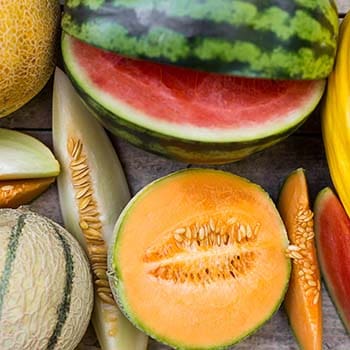






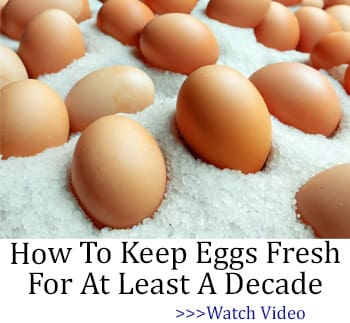

wow interesting facts i didnt know